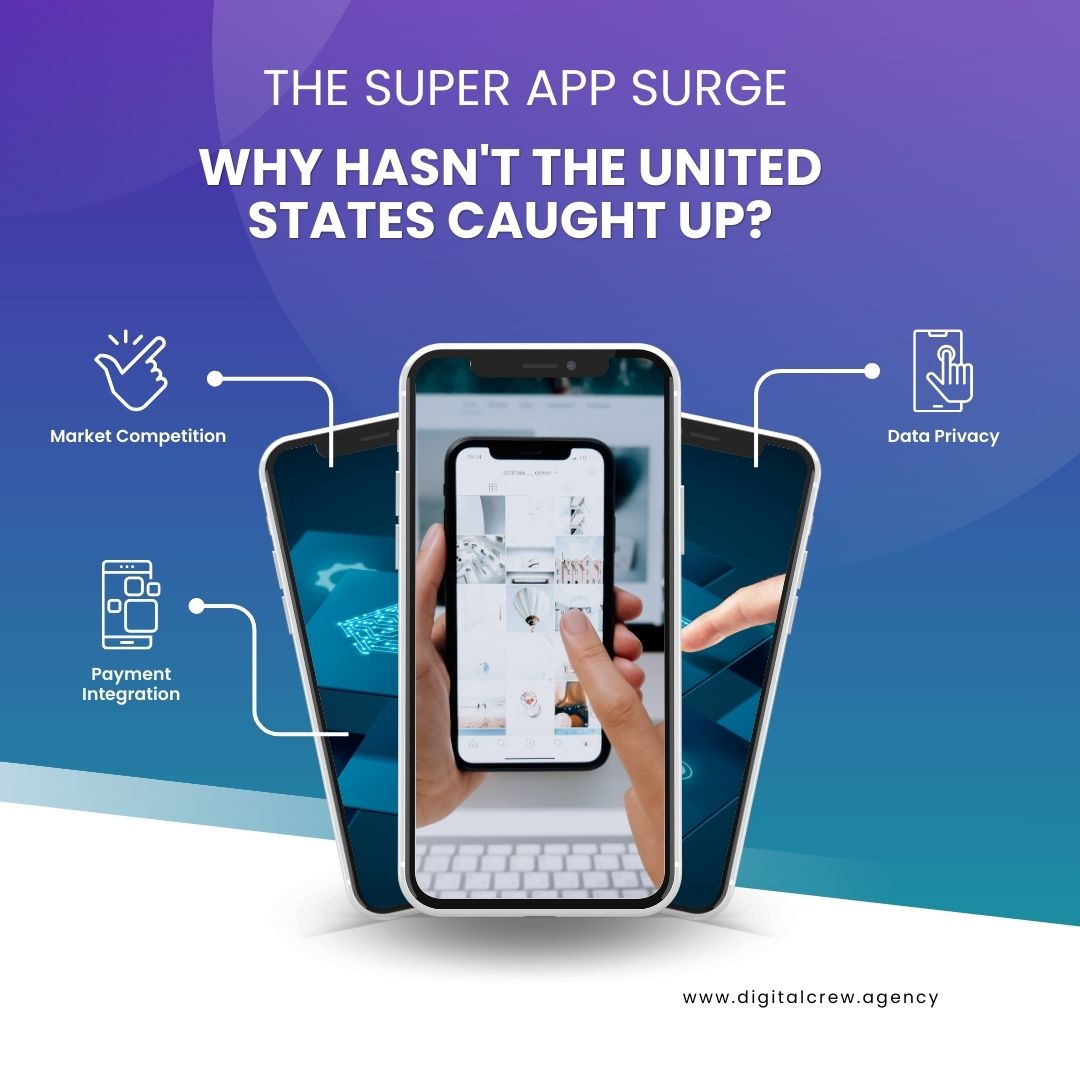In the bustling digital marketplace of the USA, our smartphones are a mosaic of specialized applications. Each one is a gateway to a different service: messaging, food ordering, financial transactions, and scheduling, to name a few. The constant app-hopping is a modern-day ritual. But what if there was a unified solution?
This is where the concept of a ‘super app in the USA’ becomes a game-changer, a single platform that streamlines all these services into one interface. While China has embraced this model with the ubiquitous WeChat, the USA is still on the cusp of this digital revolution.
What is a Super App?
A super app is a versatile application that amalgamates a plethora of services and functionalities. WeChat’s evolution is a classic example, transforming from a messaging service to a comprehensive digital ecosystem. It’s not just an app; it’s a platform where users can play games, shop online, order food, and access a variety of mini-programs. It’s akin to having a pocket-sized internet.
In 2024, WeChat has 1.4 billion active users, helping its parent company earn over $81 billion in revenue. A super app in the USA would be a revolutionary platform that combines various services. It creates a seamless experience by bringing together data and functions.
The Data Goldmine and Privacy Implications
The data consolidation potential of super apps is a goldmine for businesses. However, in the USA, strict app tracking restrictions limit data collection to when the app is actively used. A super app in the USA would revolutionize this, offering a continuous stream of user data across various services. This data is not just a business asset but also a tool for enhanced user experience and service personalization.
The Challenges in the USA
The journey towards a super app in the USA is fraught with challenges:
- Market Competition: The US app market is crowded, making it difficult for a new app to become dominant as a super app.
- Payment Integration: Financial services within an app require navigating a labyrinth of regulations, a significant hurdle for potential super apps in the USA.
- Data Privacy: The USA’s growing concern over data privacy and big tech’s power poses a significant barrier to the acceptance of a super app.
The Future of Super Apps in the USA
The trajectory of super apps in the USA may diverge from China’s path. Instead of a single app like WeChat, the USA may see the rise of industry-specific super apps. In the travel sector, for example, a comprehensive app could integrate every aspect of travel planning and management, offering a streamlined, user-friendly experience.
In conclusion, the super app model holds transformative potential for the USA’s digital landscape. While there are hurdles to overcome, the integration of services into a single platform could redefine convenience and efficiency for American consumers.






















